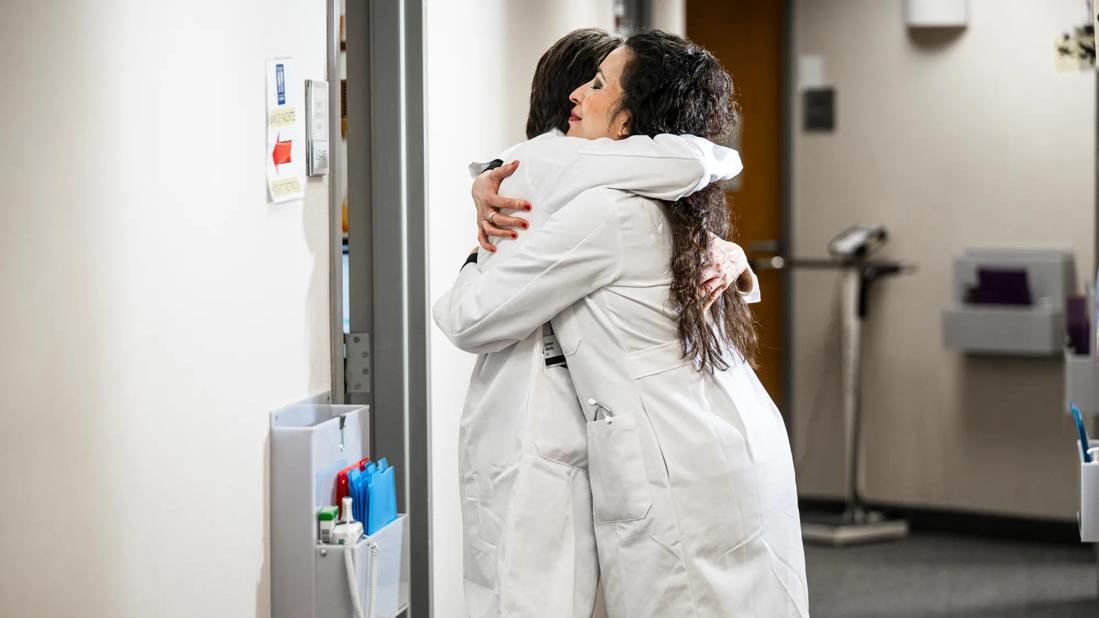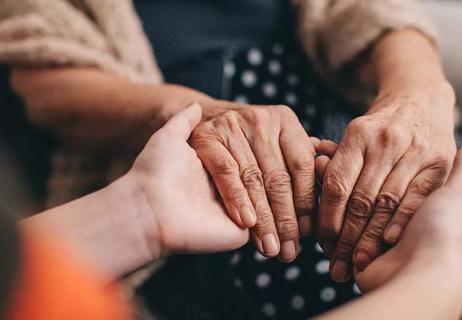
Advertisement
Cleveland Clinic is a non-profit academic medical center. Advertising on our site helps support our mission. We do not endorse non-Cleveland Clinic products or services. Policy
I think before we can find out where empathy goes, we must define what it is. We define empathy as a predominantly cognitive attribute which involves an understanding of experiences, concerns and perspective of the patient, combined with a capacity to communicate this understanding, and an intention to help. In other words, it is a quality that requires us to listen carefully and understand our patient’s pain and suffering as well as an ability to let them know we have done so!
Several instruments can be used to measure empathy; the Jefferson Empathy Scale (JES) is the most widely used tool in healthcare. Such measurements have repeatedly correlated with numerous variables that clearly are important for patient care and a successful career in medicine.
We can define the what and measure the how much of empathy, but it turns out that over the course of medical training, many of us can’t answer the question of where… where did my ability to care about patients go as my ability to care for them grew?
Mohammadreza Hojat, PhD, who developed the JES, named the phenomenon of losing empathy during medical training aptly in his 2009 article, “The Devil in the Third Year: A Longitudinal Study of Erosion of Empathy in Medical School.” He used this description to indicate that, for a variety of reasons, trainees may become jaded and hardened to the suffering of others.
While there is not universal agreement on this, it appears that most caregivers, especially women, start with high levels of empathy as they enter medical school. Then, somewhere in around the third year (coincident with them entering the hospital arena for training) a significant portion of them (perhaps two-thirds) begin to lose their empathy. It continues to fall through internship and residency. Qualitative analysis of subjects suggest fatigue, environmental factors and the “hidden curricula” of seniors and mentors who are burning out all may have negative effects.
Advertisement
I think finding that lost empathy lies in studying the one-third of trainees who do not see a decline in empathy. Moving ahead we need to learn more about this precious group and attempt to translate this to empathy saving interventions for the majority.
Dr. Calabrese is Director of the R.J. Fasenmyer Center for Clinical Immunology.
Advertisement
Advertisement

In rehabilitation medicine, the answer might require nuance

Mental health colleagues can provide much-needed perspective

Palliative care specialists know hard conversations can also be valuable ones

Variables affect nuances of the conversation

Authors discuss ethical challenges associated with sponsored genetic testing

Program focuses on nurturing ethics leaders in daily practice

Medical, ethical and legal considerations

An end-of-life dilemma in the intensive care unit